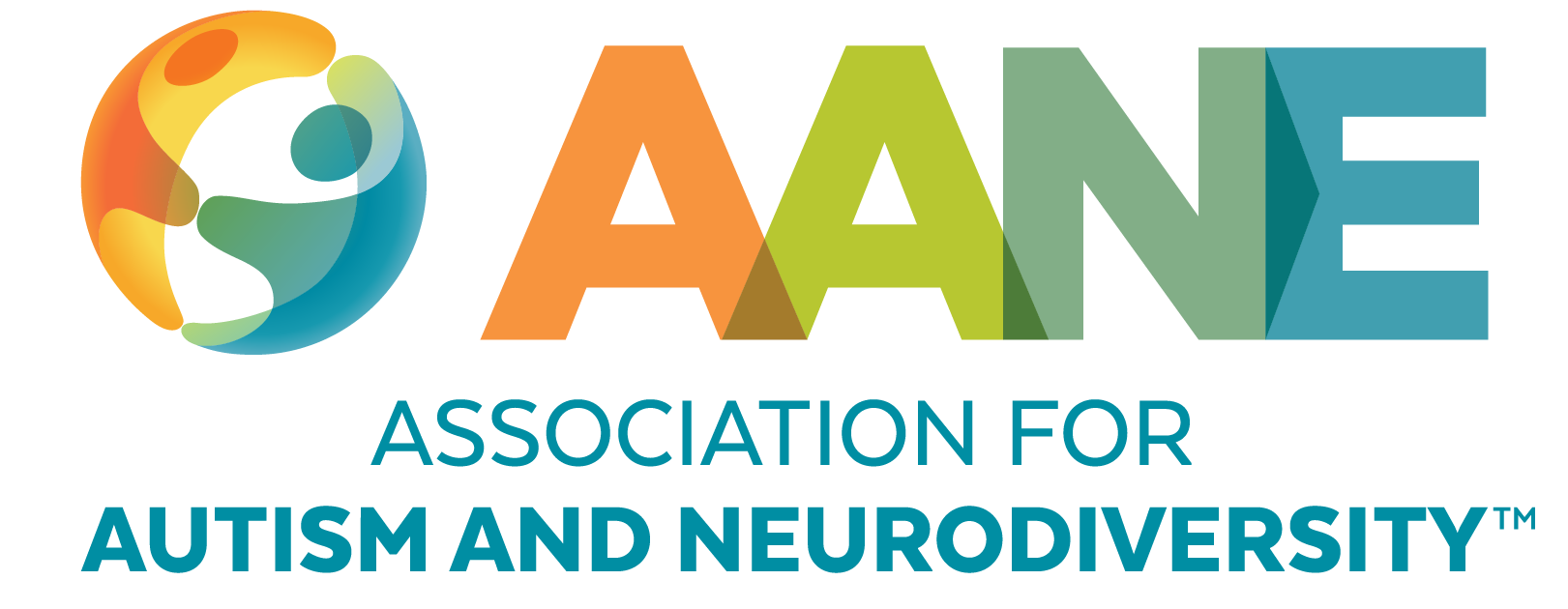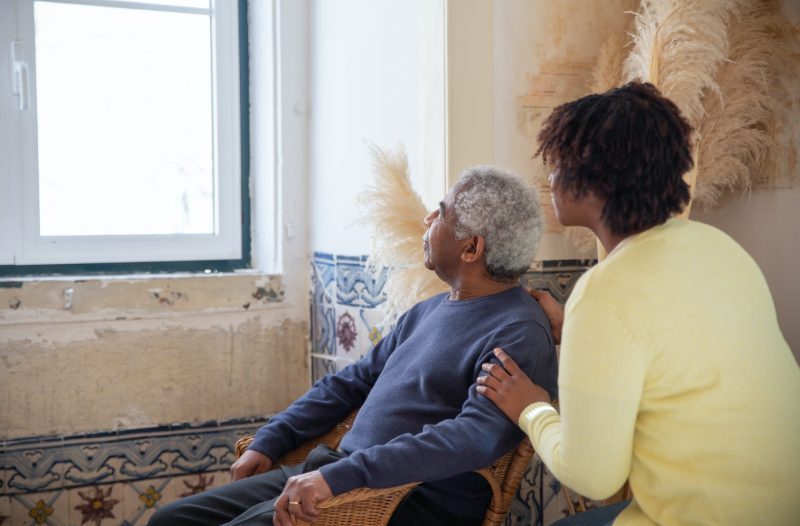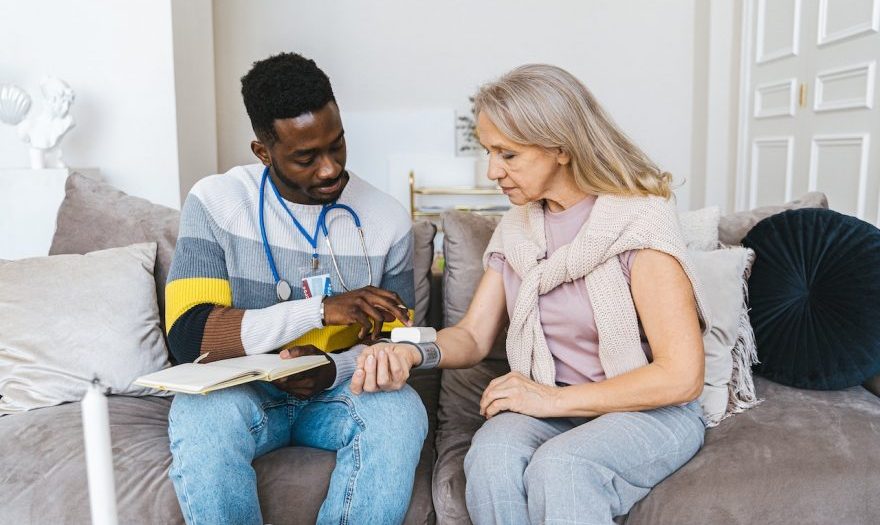
The Turning Point
If you are experiencing an emergency, contact 911 or go to your nearest emergency department.
Additional Crisis Resources:
988 National Suicide and Crisis Lifeline:
- Dial 988 (For TTY Users: Use your preferred relay service or dial 711 then 988)
- Nacional de Prevención del Suicidio: (888) 628-9454
- Chat Online
The Trevor Project (LGBTQ+ support): 1-866-488-7386

Warning: This article discusses experiences with suicidal ideation.
In 2015, my husband was hospitalized and diagnosed with advanced metastatic lung cancer while on an out-of-town trip. It blew apart the foundation of our lives and heralded an accelerated medical crisis for which I served as his primary caregiver and advocate. In the span of 38 days, he was hospitalized twice more and spent five days at home on hospice before dying. I was three months away from my 52nd birthday.
After my bereavement leave, I returned to teaching part-time and, with financial assistance, maintained some semblance of stability in my life for the first couple of years after my husband’s death. Grief and mourning have a way of transforming the usual pace of life into an altered, slow-motion state and as a result, the significance of the loss of his daily support wasn’t readily apparent to me for several years.
The traumatic end of his life pushed me to follow a call to seminary that first arose in my early thirties, again in my mid-forties, and a final time after his passing. In search of new meaning and purpose in my life and work, I finally pursued this call in the fall of 2017 after receiving a full-tuition scholarship from a seminary a few hundred miles from my home.
After relocating to a densely populated, over-stimulating metropolitan region, I suddenly found myself trying to cope with the demands of a reading-intensive graduate program amidst a new living environment with too many people, too much noise, and too many distractions. The change from living alone in a house in a quiet neighborhood to living in an upstairs apartment that shared walls with two student neighbors (one of whom had teenagers who regularly stomped up and down the stairs, the other who played piano) was a major source of chronic anxiety, anger, and stress. This sensory assault combined with financial strain, recurrent illness, a knee injury, and an ever-present social misfit-ism upended my life.
Unaware of my autism at the time, I had applied for ADA Accommodation based on my ADHD, for which I had also started a medication a few months earlier. Despite both interventions, I struggled mightily to focus and to finish assigned work by the extended deadlines. I was supporting myself on student loans and nominal earnings from a work study job but soon realized that I couldn’t work part-time and also keep up with my schoolwork and activities of daily living the way my classmates seemed to do.
Once I fell behind in course readings, I found it impossible to catch up. Other students would tell me, “just skip it and go on to the current reading” but I had to read every word, every chapter (or article) in sequential order. I couldn’t comprehend ‘skimming’ a text. I wanted to understand the material at depth, not get a superficial rendering of the main points. Other students weren’t as fixated on the ordered, thorough approach that I took and it showed in their ability to manage their courses, hold down jobs, raise families and lead social lives. I could barely manage school. Needless to say, I read little and remembered less, but writing was my superpower and I was able to analytically and critically assess and translate what I had read into well-crafted prose.
Along the way, the dissolution of my relationship with the institutional church began. I started a Clinical Pastoral Education (CPE) internship at a local hospital, and insufficient financial resources signaled a necessary move back home in January 2019 to finish my degree online. I thought that returning home to a slower-paced, less stimulating environment would also help me regain some of the control I’d lost over my life and also improve my personal and financial health. Unfortunately, it didn’t work out that way.
The month after I returned home, an unprecedented snowstorm shut down the town—and my heat—for almost a week. On the heels of that, I had to euthanize my longtime feline companion and also began commuting 450 miles round trip two long weekends per month back to the hospital where I was completing my chaplaincy internship. The travel and compacted, overnight on-call and clinical hours taxed me physically; the high-sensory stimulation of the hospital environment (where everything is loud and bright) and the interpersonal interactional demands inherent in spiritual care work—though personally and spiritually rewarding—left me depleted. After returning home from these weekends, it took me several days to recover mentally and physically enough to resume my regular life tasks. I felt unproductive and spent a lot of time judging myself for not being more resilient and needing this recuperation time. I always had so much I needed to do, and the list was never ending.

This was the story of my life: Running to catch up, keep up and hold up under the stress of trying to live in a world where I have always felt out of step with everyone else and tried not to show it.
I graduated in May 2020 in spite of the worldwide coronavirus pandemic and the cumulative effects of declining health, disrupted faith and damaged relationships with some of my family members. My executive functioning skills were noticeably less functional than usual. Decision-making, disorganization in my home, family demands—even simple tasks I’d always been able to do before and couldn’t figure out how to do now—overwhelmed and exhausted me, which in turn fed my anxiety and emotional dysregulation. My memory took a steep dive; I was depressed and suicidal. My sensory sensitivities to sound and scent became more acute, causing conflict with some of my neighbors. My job search was exhausting and had yielded only two interviews and no offers.
The convergence of high-stake, high-stress life demands coinciding with a corresponding lack of support, put me on the verge of collapse and propelled me to seek a neuropsychological evaluation to confirm the autism I had recently begun to suspect after discovering my surprising identification with the experiences of autistic women from a diversity of backgrounds. Prior to this time, I had never considered I might be autistic because—like so many autistic and non-autistic people—I had been presented with a largely monochromatic interpretation of what autism is and who is autistic.
Through AANE’s support groups, I began to move from “I’m autistic?” to “I’m autistic!” And then, “I’m not an alien, or a freak. There’s nothing wrong with me (or my brain style)! There are others who get it.” After attending mainly women 50+ support groups this past year, I’ve met women like myself who feel the same resonance I feel in our shared experiences as autistic women of our generation. Collectively, we decided this past October to create Autistic Women 50+, an informal online community for later-in-life autistic women ages 50 and over who want to meet for autism-related emotional, social, and informational support.
The neuropsychologist’s second key recommendation was that I apply for disability. It took six months after formal diagnosis before I was able to emerge from overwhelm and contact the SSA regional office to file a claim by phone. I thought the help of an SSA representative would make the claim filing process less stressful; I could not have been more wrong.
The representative I spoke with neither comprehended nor accommodated the time and linear processing needs directly related to my autism. This resulted in missed information and an exhausting amount of follow-up on my part to ensure my claim was complete. Seven months after I filed, I received a denial by mail. And although I intend to file an appeal, the entire experience has left me (as I suspect it does many others) feeling dismissed and defeated.
Like many older autistic individuals who have lived most of their life not knowing they were autistic, the most significant barrier to maintaining life stability continues to be identifying and accessing the essential support I require to manage my activities of daily living as I age. My support needs are higher than they once were, and certainly higher than I realized they were prior to these past few years. At this point, I’m at a loss as to where to find the help I need.
It is hard to convey the cumulative effect of experiences over the past seven years that have unmoored my life. I have lived through repeated catastrophic wildfires and evacuations in my region, served as a primary caregiver and healthcare POA for an elderly parent with long-term chronic health challenges that have involved multiple hospitalizations, navigated surgeries and chronic health challenges of my own, slipped further into financial ruin, and found myself wandering deep within a persistent and enveloping dark night of the soul.
I have kept silent for so long due in part to my weariness over the neurotypical expectation that I “should be able” to handle consecutive losses better (I hear the voice of a gas-lighting family member–and others–in my head), or that with the help of faith and spiritual practice, I should be able to “let them go” (I hear the voice of neurotypically-privileged 12-steppers in my head).
Recently, I’ve decided to write it all down–every loss, setback and challenge of the past seven years–to ritually bear witness to my own experience, to attest to and honor the grit and the grace that have me still standing here, among the living, despite the marginalization, dismissal and false assumptions projected onto me by the allistic world and those in it. Ultimately, I hope doing so will reaffirm that something within me—and greater than me—continues to move my life forward even when I don’t believe it is so.
Stay Current
Subscribe for AANE weekly emails, monthly news, updates, and more!




